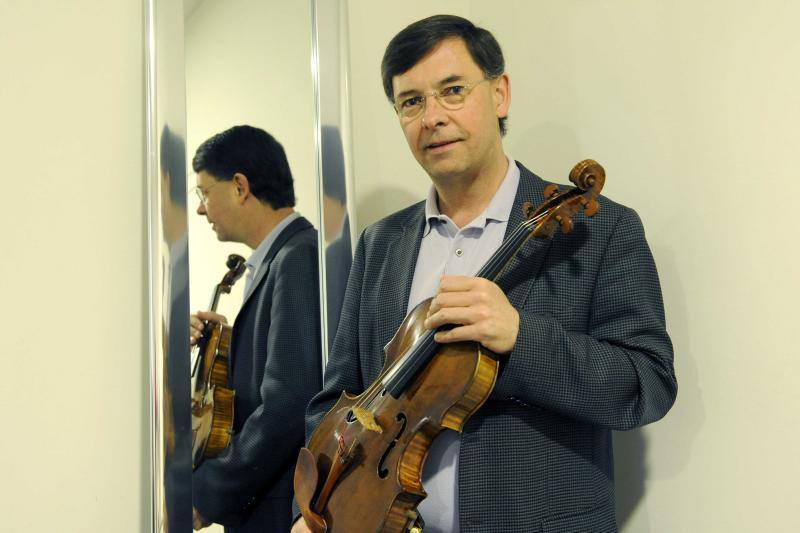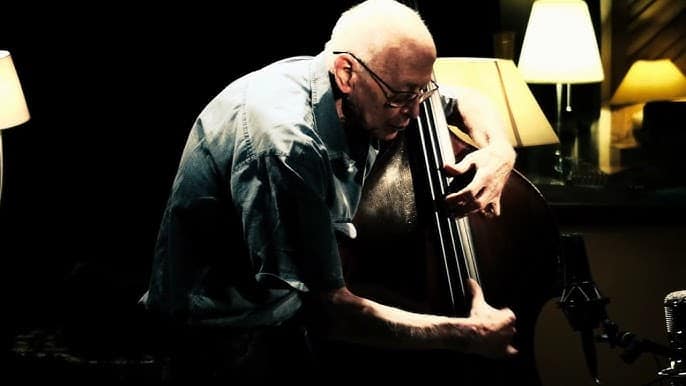Curtis president will play solo on European tour
mainThe college orchestra has announced its European tour of the century for May next year, visiting Helsinki, Bremen, Berlin, Dresden, Salzburg, and Vienna.
Minnesota’s Osmo Vänskä will conduct. Peter Serkin will play Brahms’s first piano concerto.
In the other concerto, Penderecki’s Concerto doppio, the soloists will be Benjamin Schmid (Violin) and Roberto Díaz (viola). Mr Díaz is president and CEO of the Curtis Institute of Music.
Not impressed? Then name another college president who goes out on the road in a contemporary concerto.






Well, he WAS principal of the Philadelphia Orchestra before he took the Curtis job…
And he is an extremely fine player. We engaged him and recorded with him. If anything, it’s a feather in Curtis’s cap to have such a fine player as President.
Josef Hofmann, 1927-38; Randall Thompson, 1939-41; Efrem Zimbalist, 1941-68; Rudolf Serkin, 1968-76; John de Lancie, 1977-85; Gary Graffman, 1986-2006; Roberto Diaz, 2006-Present.
FYI: There is a long history of Curtis leaders who were virtuoso performers and composers.
The real “feather in Curtis’s cap” is having the orchestra conducted on tour by one of the great conductors of the world, Osmo Vanksa. He even got the National Symphony to sound like an excellent orchestra a few years back! I wonder what the repertory is going to be besides the announced concerti. You can be certain that with Vanska and Serkin, it will not in any way be a routine Brahms D Minor.
His record as an educator is another matter. The priorities of the Curtis Institute are not what they were. They are no longer interested in nurturing talent, only exploiting it. While it is laudable if they move to being a graduate school, that only leaves the work of development to others. This is not the school’s mission. While schools should care somewhat about their graduate’s abilities to get work, their main focus should be knowledge, education, and particularly in the case of a mainly undergraduate program, moving students into graduate programs. Why do so many Curtis graduates feel either burnt out, or disinterested in further training? Why do so few, other than pianists, have solo careers? Why are teachers not chosen for pedagogic abilities? Performers do not necessarily make great teachers, as they should well know. Overworked students do not grow well.